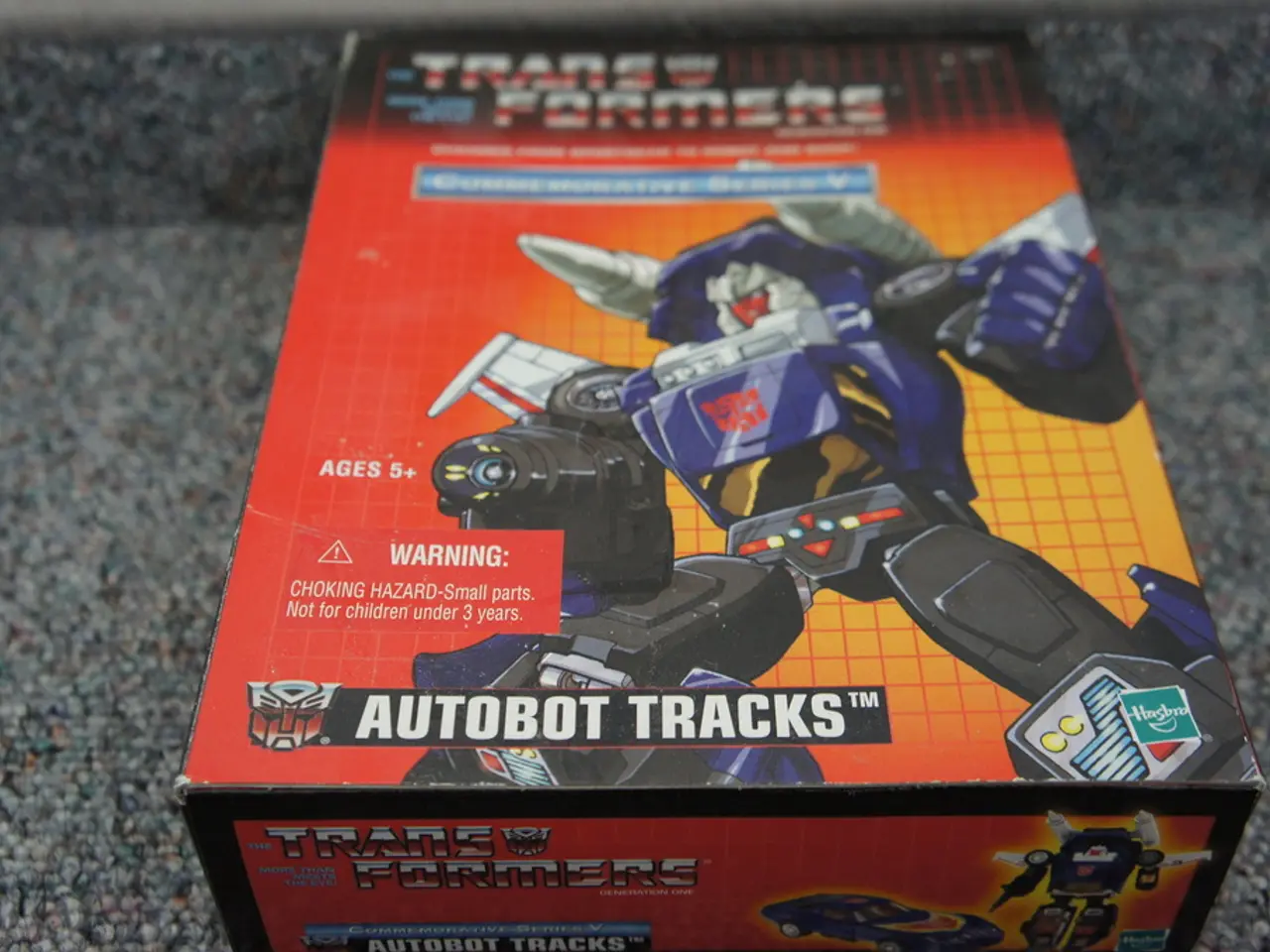The Potential for Automation and Robotics Technology Development
The world of automation and robotics engineering is rapidly expanding, offering exciting opportunities for individuals seeking a dynamic and innovative career. This field is making significant strides in various industries, from manufacturing to healthcare, and beyond.
The Industries Shaping Automation and Robotics
Key industries driving the growth of automation and robotics engineering include manufacturing, healthcare, autonomous vehicles, aerospace, consumer electronics, and logistics. Robots are increasingly being utilised for tasks such as assembly, surgery assistance, autonomous navigation, and exploration, thanks to advancements in technology [2][4].
Pioneering Roles in the Field
Several job roles have emerged within this field, catering to diverse skill sets and interests. Robotics Engineers design, develop, implement, and operate robotic systems across a multitude of applications [4]. Robotics Technicians maintain, operate, and test robotic machines, often providing support to engineers by troubleshooting, repairing, and collecting performance data [1].
Mechanical Design Engineers focus on the mechanical aspects of robots, such as structural design and manufacturing of robotic systems [5]. Automation Engineers develop and manage automated processes, integrating robotics within industrial systems. Project and General Managers lead teams, oversee project execution, and manage operations and strategy in automation firms [3].
Essential Skills for Success
A successful career in automation and robotics engineering requires a blend of technical and interpersonal skills. Strong programming proficiency in languages such as Python, C++, MATLAB, and Java is essential for controlling robotic systems and writing efficient code [2][4].
Knowledge of artificial intelligence (AI), machine learning (ML), and autonomous systems, including training models for perception and decision-making in robots, is also crucial [2]. Mechatronics expertise, which integrates mechanical, electrical, and computer engineering, is vital for understanding sensors, actuators, control systems, and robot dynamics [2][4].
Problem-solving and analytical skills are essential for addressing complex design and operational challenges [2][4]. Understanding of automation technologies and the Internet of Things (IoT) is necessary for integrating robots with smart sensors and automated workflows [2]. Hands-on skills in equipment maintenance, repair, and troubleshooting are vital for technician roles [1].
Strong communication abilities and teamwork are particularly important for roles that require collaboration across disciplines and with management [1][3]. A mathematics background, creativity, and critical thinking are necessary for innovating and optimising robotic solutions [4].
Pathways to a Successful Career
Typical educational pathways involve degrees in robotics, mechanical, electrical, computer, or automation engineering, with additional certifications boosting employability [1]. Leadership roles require experience in managing teams, budgets, and complex projects within automation and robotics contexts [3].
The Future of Automation and Robotics
Government initiatives like Make in India and Atmanirbhar Bharat are promoting automation in manufacturing in India. The Indian robotics industry is witnessing exponential growth. The global automation and robotics market is expected to reach $214 billion by 2030 with a 15% Compound Annual Growth Rate (CAGR) [6].
Industry 4.0 is accelerating robotic adoption across sectors worldwide, promising a bright future for those pursuing careers in automation and robotics engineering. Whether you're a seasoned professional or a fresh graduate, this field offers a wealth of opportunities for those ready to embrace the future.
[1] Robotics Engineering Careers [2] Skills Required for a Career in Robotics [3] Job Roles in Robotics [4] How to Become a Robotics Engineer [5] Mechanical Design Engineer [6] Global Automation and Robotics Market
- In the realm of education-and-self-development, pursuing degrees in robotics, mechanical, electrical, computer, or automation engineering is a common pathway to a successful career in robotics engineering.
- The incorporation of technology like artificial intelligence (AI) and machine learning (ML) into robotic systems is a crucial skill for anyone seeking a career in this field.
- As the automation and robotics industry continues to expand, there is a growing demand for various roles such as robotics engineers, robotics technicians, mechanical design engineers, automation engineers, and project managers in the finance sector and other industries like manufacturing, healthcare, autonomous vehicles, aerospace, consumer electronics, and logistics.




